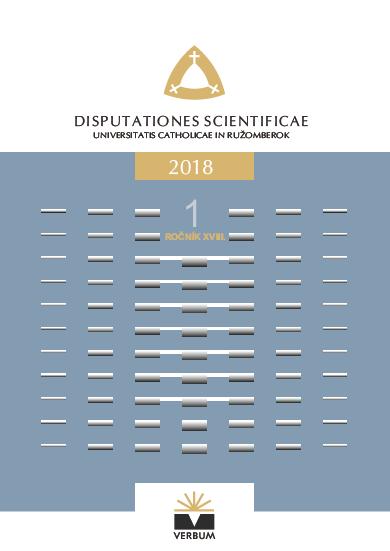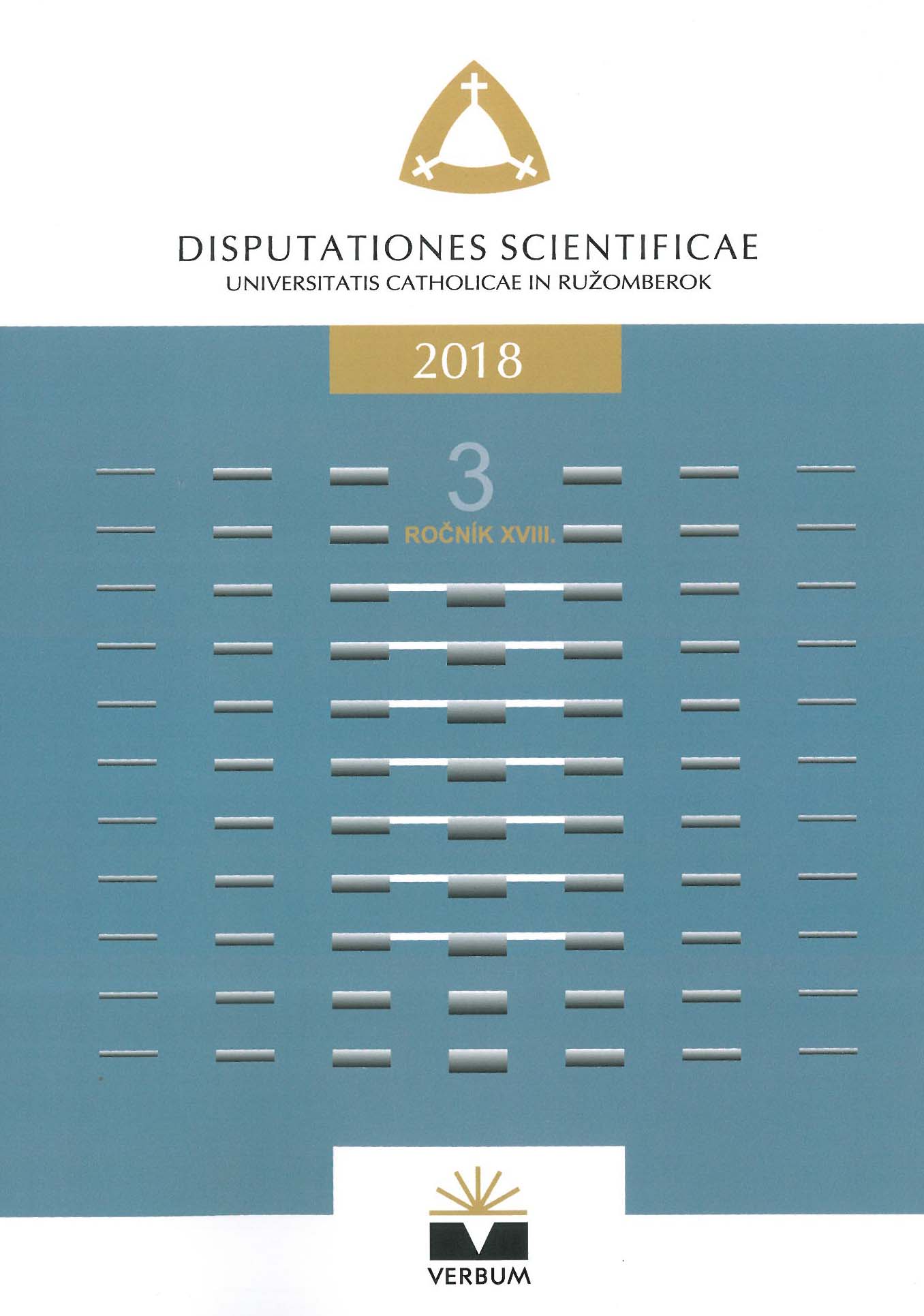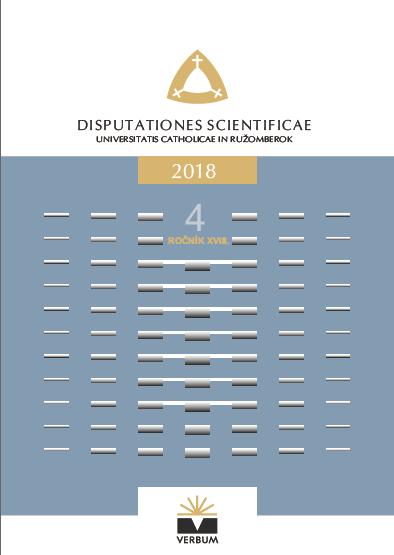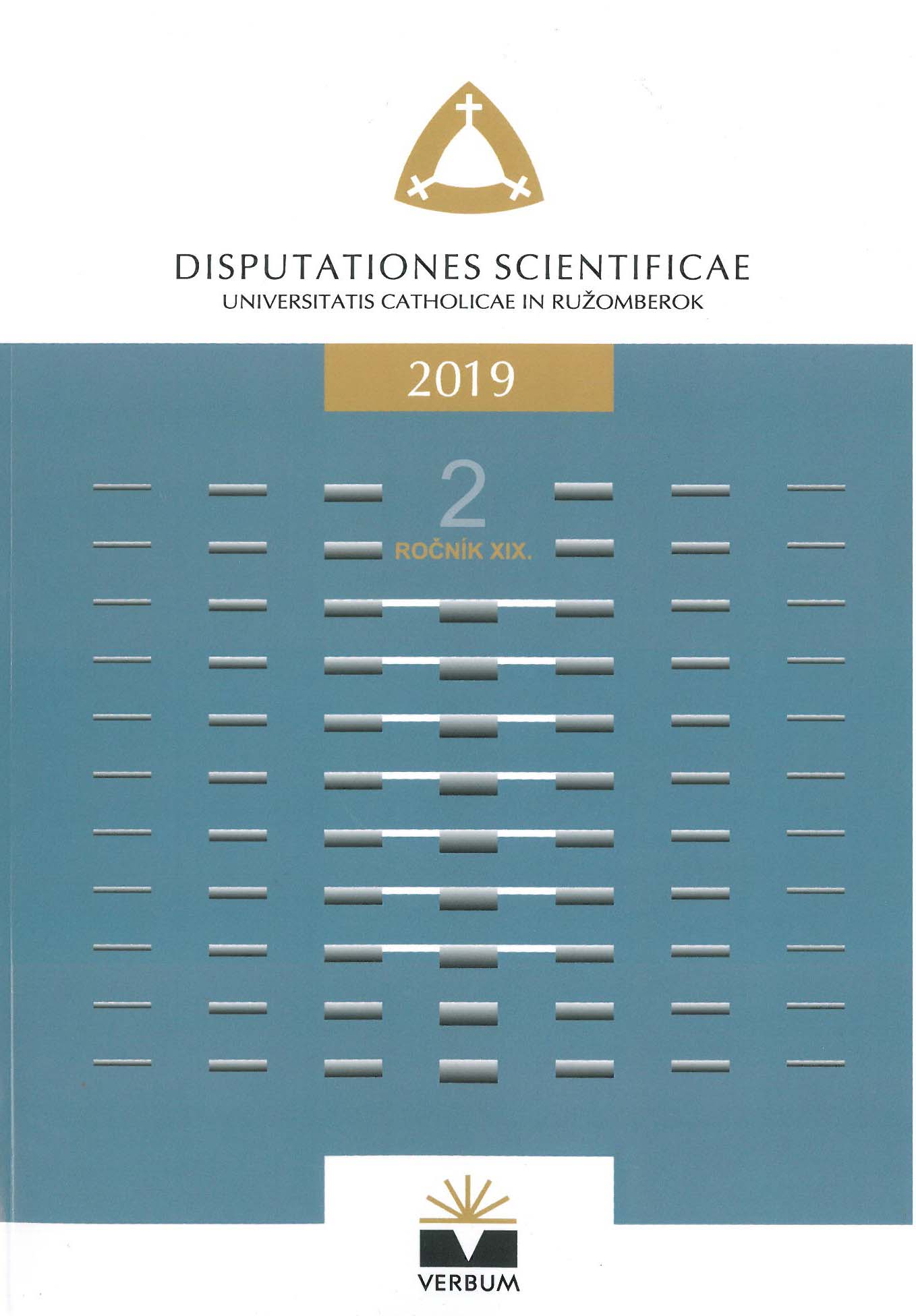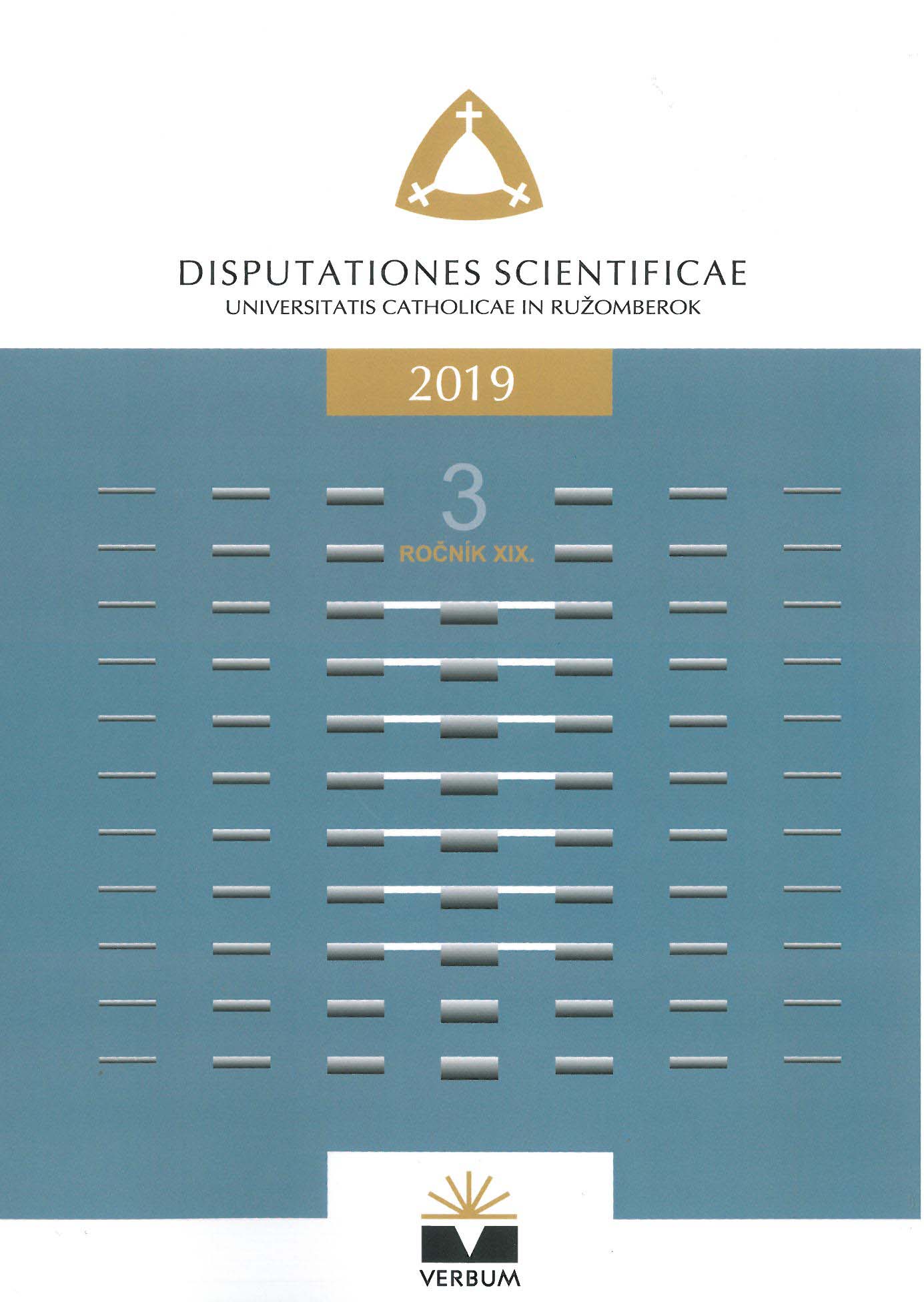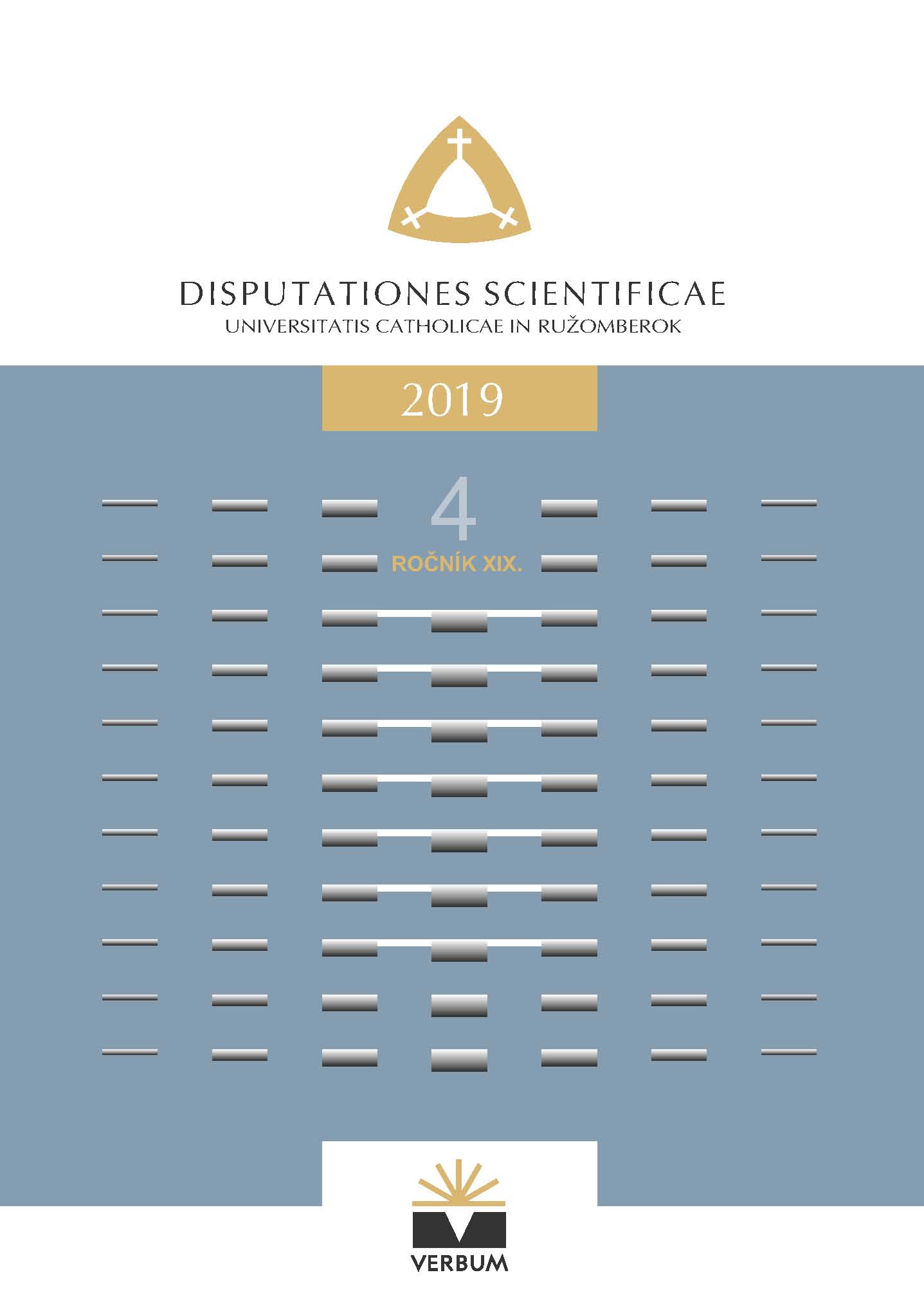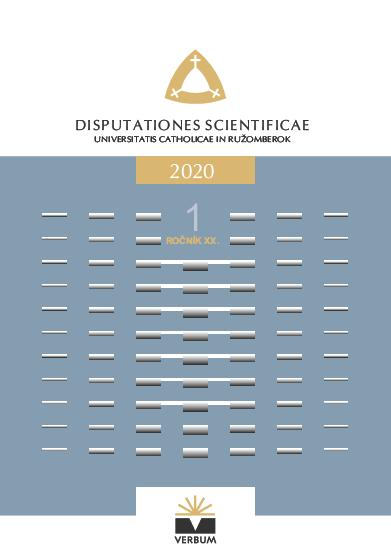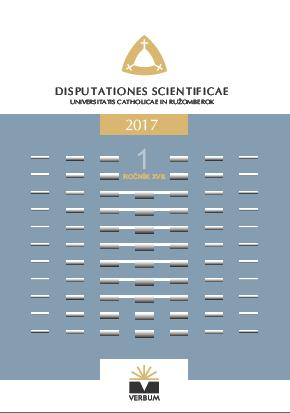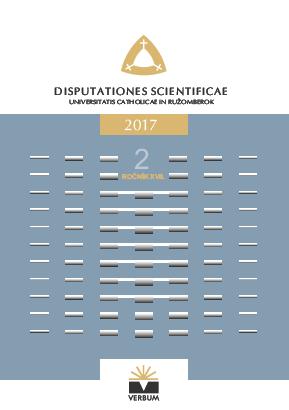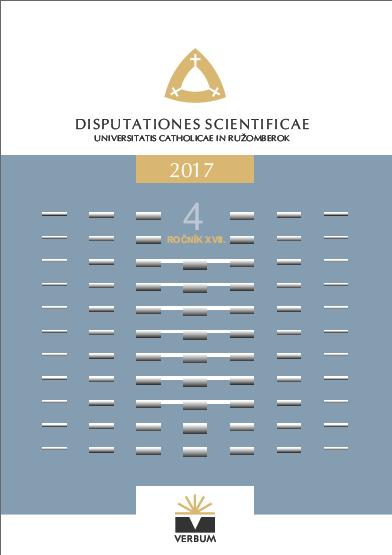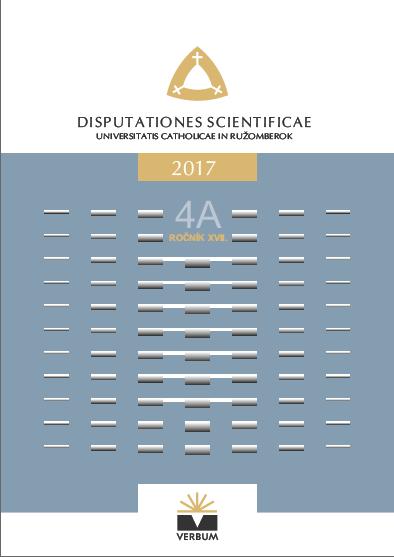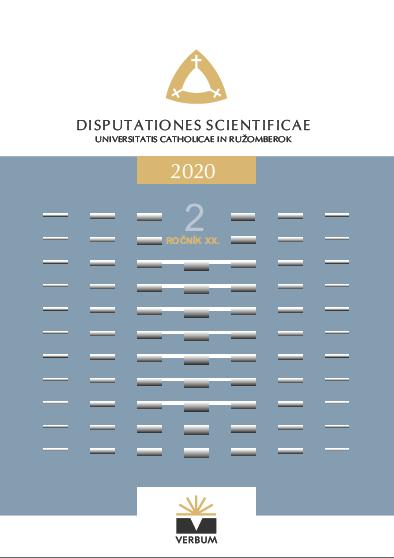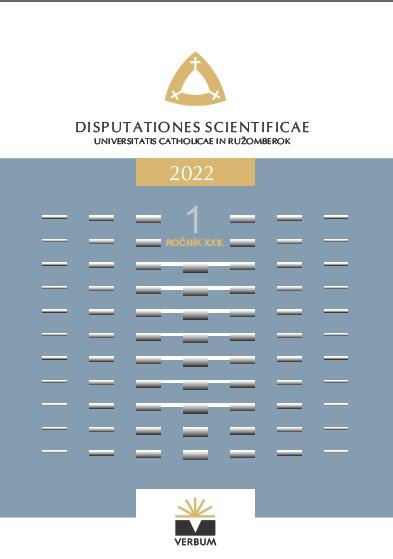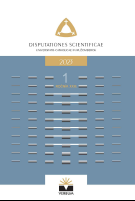Перспективи професійного становлення майбутніх учителів музичного мистецтва в процесі диригентсько-хорової підготовки
Author(s): Xu Qing / Language(s): Ukrainian
/ Issue: 3/2019
Keywords: Future Teachers of Musical Art; Conductor-Choral Training; Creativity; Cognition; Research; Creative Activity; Independence;
The article deals with the problem of professional formation of future teachers of musical art in the process of conducting and choir training. The author presents his own view on the innovative arrangement of conducting-choral students' training in higher educational establishments of the artistic branch of Ukraine and China. The purpose article is formulated which is subordinated to the task of finding ways of professional formation of future teachers of musical art in the process of conducting-choral training.Professional formation of future teachers of musical art is considered in the perspective of formation of independent creative position of students, which, according to the author's position, is investigated, prognosticated, revealing the essential characteristics of objects of the initial conducting-choral environment and is stated by the author as a prerequisite for constructing innovative models of productive transformation about artistic educational activities. The paper presents a broad methodological stratum, the analysis of which allowed the author to reach their own generalizations and conclusions about the core tasks of conducting-choral training in the direction of its innovative arrangement. Specificity of the decision of the set tasks is considered through the prism of the category of creativity, creative thinking, creative activity and confirmed by the learned experience of the leading figures of Ukrainian conductor-choir art. Studying the experience of organizing conducting and choir activity in Ukraine, in particular at the faculties of the arts of pedagogical universities, as well as the self-certified experience of the author of the article as the head of the vocal and choir collective in China, helped to understand the necessity of introducing into the academic conducting choral practice research methods of scientific searches that contribute to the formation of their own self-active position manager-manager of the creative process. What became the subject of scientific research. The emphasis is placed on the need for students to form an active creative position, their focus on the content of conducting-choral activity.The article proves that the orientation of conducting-choral preparation to the postulates of research as a science allows to determine the patterns of development and self-development of students. The author's point of view on the peculiarities of formation of the research position of future teachers of musical art, which is connected with the development of intellectual potential of future teachers of musical art on the principles creatively-problematic approach to conducting-choral training. In the article it is proved that, while solving concrete practical tasks of conducting-choral training of future teachers of musical art, the skills of operation of research techniques and techniques contribute to the productivity of the initial process in its entirety and understand the ways for the professional formation of future teachers of musical art in the process of conducting-choral training. The prospects of innovative arrangement of the artistic environment with the use of research productive techniques are revealed. The characteristic and features of research activity in conditions of conducting-choral training of students are presented. Taking into account the specifics of the presented problem, the author outlines the further directions of research of the scientific problem and presents the prospects for further scientific research in terms of studying the possibilities of conducting-choral training from the point of view of the complex arrangement of the future teachers of the musical art of the conductor-choral process.
More...
